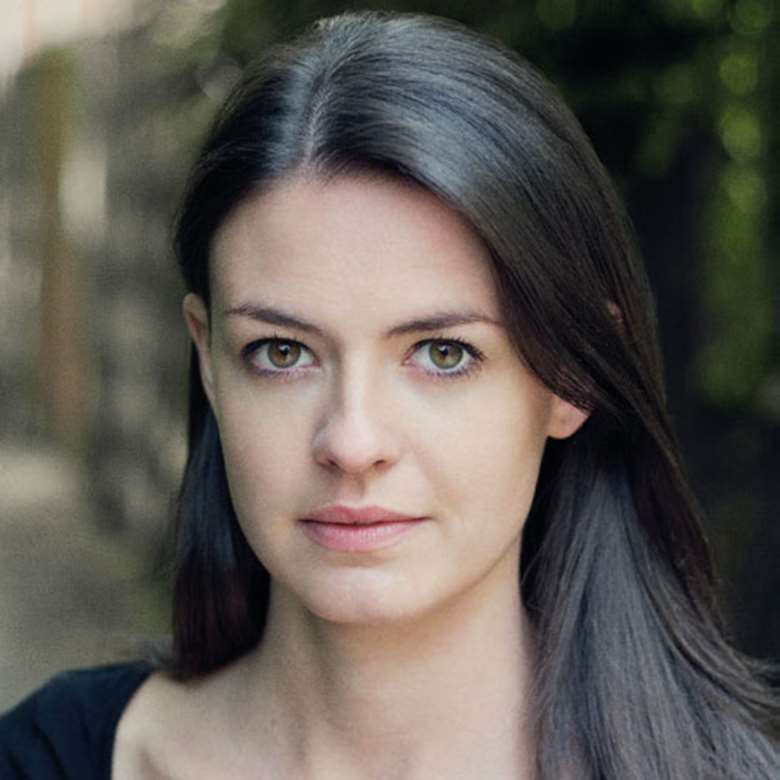Editorial: Spring Term 2 2018-19
Sarah Lambie
Friday, February 1, 2019
Editor's letter from the Spring 2 edition of Teaching Drama, 2018-19

The Time to Listen report which we feature on page 18 of this issue of Teaching Drama is the culmination of a truly essential piece of research, in which young people themselves were asked what their arts education means to them. Statistics, however shocking, about the decline in arts provision in schools, the departure of staff members across the country, the uptake of arts subjects at GCSE in the wake of pressures put on schools by the Ebacc, have a dehumanising effect which threatens somehow to distance us from the individual daily positive impact that arts education has on those who are offered it. This report is important because its tone is a broadly positive one – young people were asked what they thought their arts education does for them, and their responses were written down: their voices heard.
On the website for TALE (Tracking Arts Engagement and Learning) I read in a blog post the following quotation from a year 13 student: ‘In Sociology, you talk about issues in society, you talk about homelessness being an issue, that it's the individual's fault. But you come to Drama, you do the research and you form these characters. We wrote these characters ourselves. You come up with a backstory, you come up with how it is going to end, how it is going to begin and you realise these are real people. It brings it a lot closer to home, which is easy if you just need to learn it and write it for an exam, but when you're doing it in Drama, you become a lot more – you look at it from a completely different perspective than you would've done if you were just learning it like a textbook.’
Drama is fundamentally a means by which young people come to understand the world better: themselves, each other, and situations far beyond the scope of their own young experience. And what's more, its delivered in a mode that they enjoy – by far the most effective aid to learning. It is not only positive, fulfilling or engaging: it's essential.
If you are reading this issue of Teaching Drama at the Music & Drama Education Expo, welcome, and I hope that our CPD programme of workshops and seminars is providing you with a wealth of inspiration for your own teaching practice. Several of the contributors to this issue are present at the Expo: you can get up-close and personal (with their permission&) in the Sharing Lab with both Peter Deam (Green Room debate, page 15) and Onur Orkut (Toolkit, page 36); and Samuel French (page 17) have a stand at which you can visit them and peruse special offers on their books. If you're not able to attend the Expo, I hope that offering some of these insights within the pages of the magazine will allay some of your disappointment!
Don't forget that if you need inspiration for your classes in the summer term, there are a host of resources available to you at the TD Schemes of Work Archive. Go to www.rhinegold.co.uk/TD-ARCHIVE to peruse what's on offer.
Sarah Lambie Editor
The presence of advertisements in Teaching Drama does not imply the magazine's endorsement of the goods or services advertised. Teaching Drama tries to avoid inaccuracies. If readers believe that an error has been made they should contact the editor before taking any other action.

